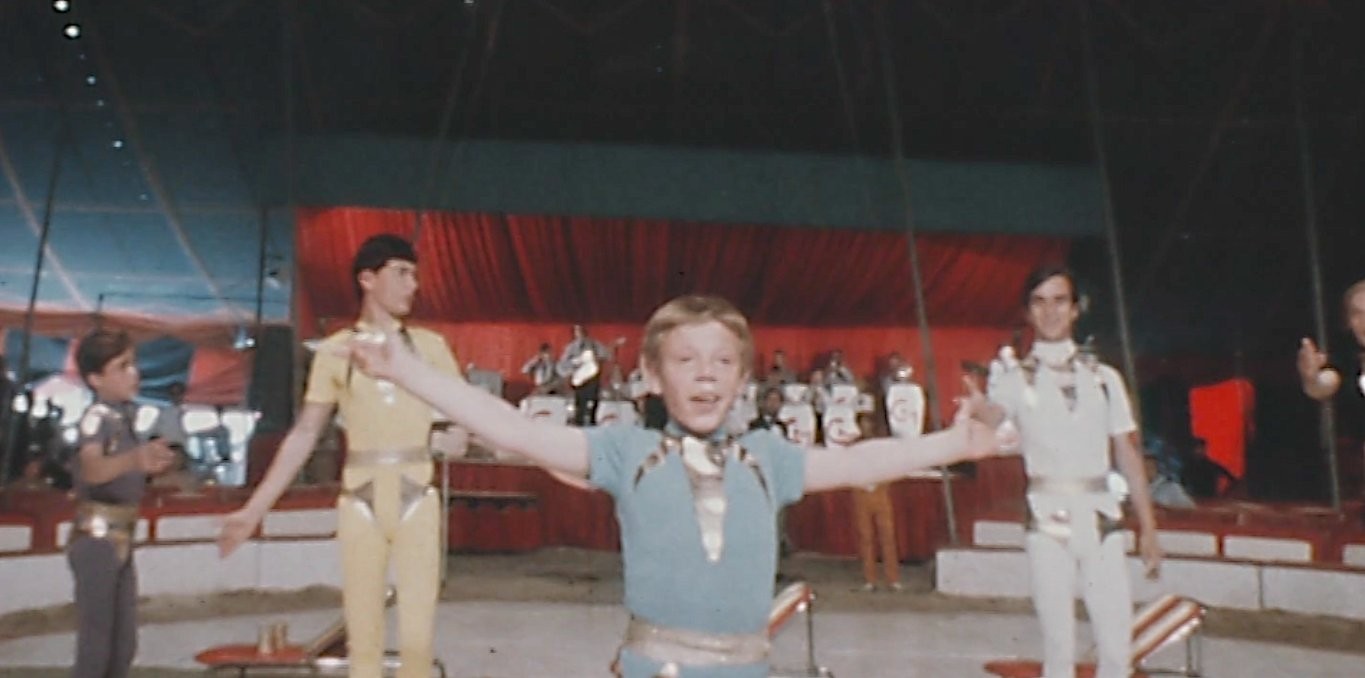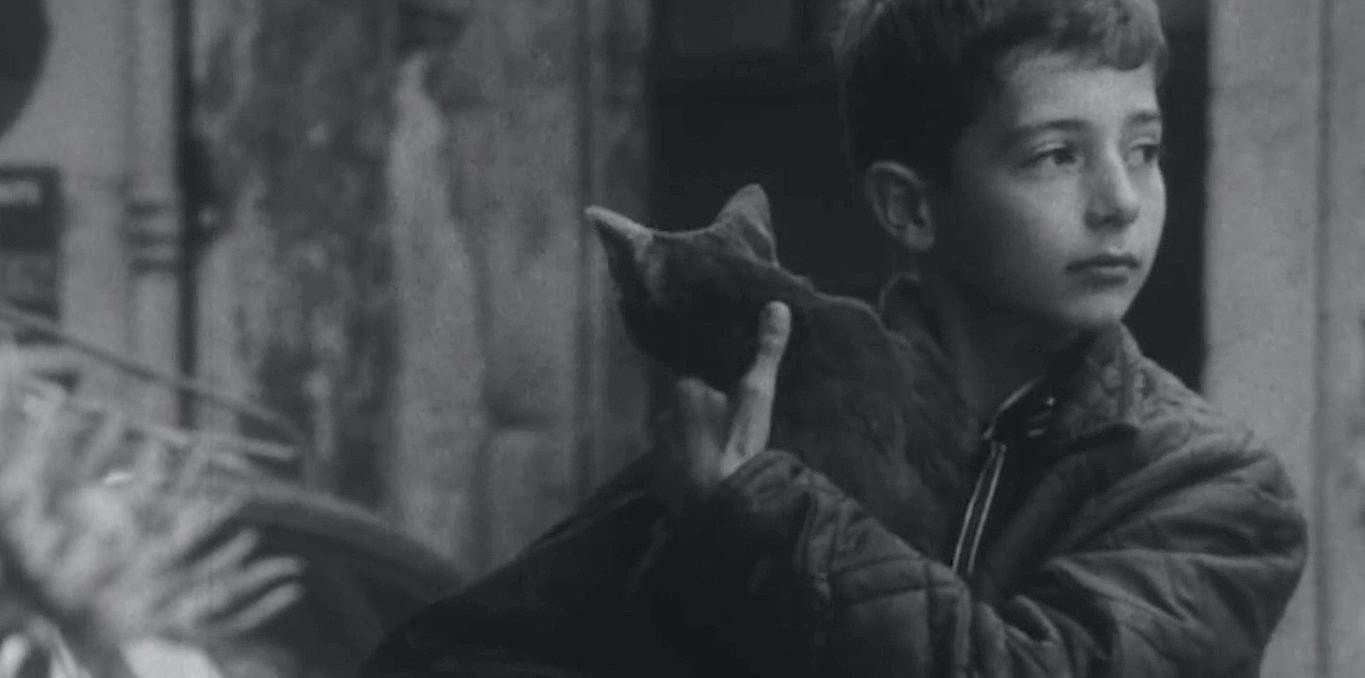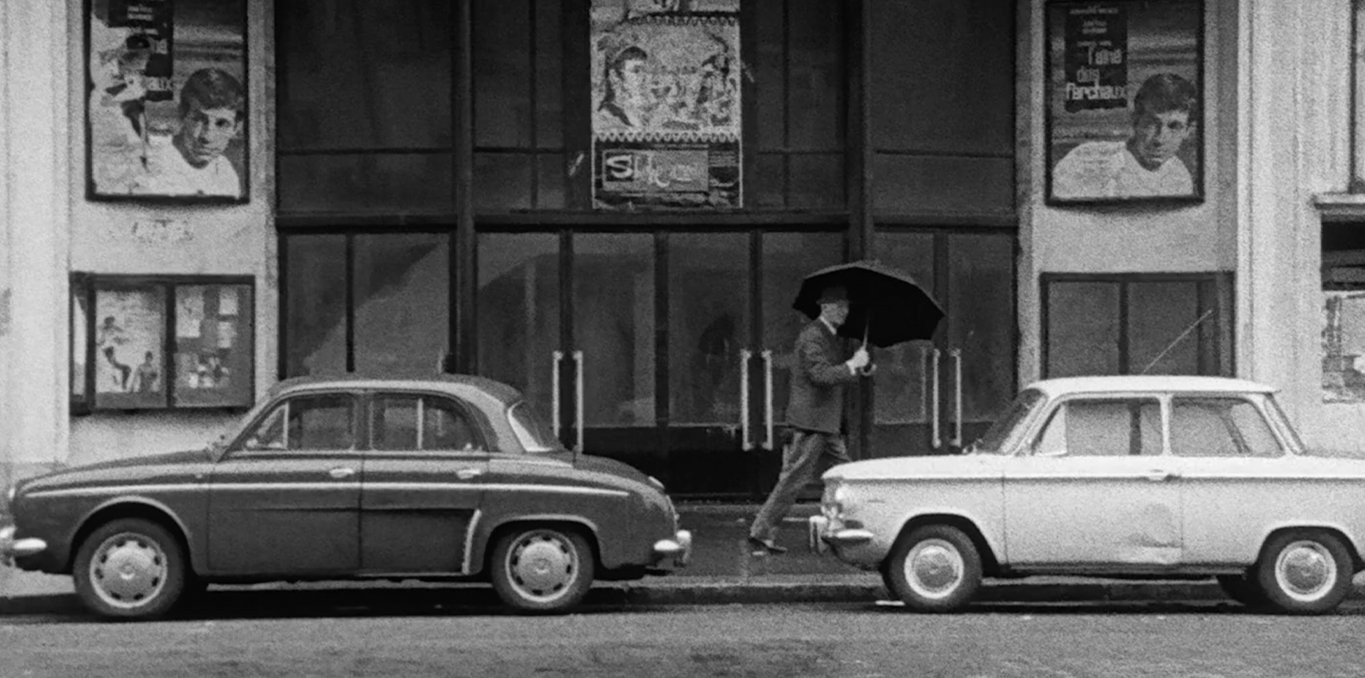The films of Guy Gilles

Travel back in time with Guy Gilles, a poet of cinema and fleeting moments.
“Films are poetic acts before they are spectacles. I am a formalist, but form is the expression of sensitivity.”
- Guy Gilles
Guy Chiche, known as Guy Gilles, was born in Algiers in 1938. He first worked as a painter and columnist for L’Écho d’Alger before making, just out of adolescence, two short films funded with his freelance earnings: Soleil éteint and Au biseau des baisers. He borrowed his mother’s first name (Gilette) to create his pseudonym. After studying at the Beaux-Arts, he moved to Paris, where in 1964 he worked as an assistant to François Reichenbach.
His first feature film, L’Amour à la mer (1962)—with brief appearances by Juliette Gréco, Jean-Claude Brialy, Alain Delon, and Jean-Pierre Léaud—was released in 1965 without a distributor. The film already featured Patrick Jouané, who would become his favorite actor. Gilles also worked in television (Dim Dam Dom, Pour le plaisir) and directed a series of short films, including Histoire d’un petit garçon devenu homme (1962), Paris, une chanson de gestes, Le Jardin des Tuileries, Les Cafés de Paris, Un dimanche à Aurillac, Ciné-bijou, and Le Pop âge (1967).
Au pan coupé (1967) was praised by Marguerite Duras, while Le Clair de terre (1970), starring Edwige Feuillère, was acclaimed by Jean-Louis Bory. His love affair with Jeanne Moreau seems to have inspired the feature film Absences répétées, for which the actress performed the song; the film won the Jean Vigo Prize in 1973. At the request of Hélène Martin, he made a documentary about Jean Genet, Genet, saint, poète et martyr. Screened at a gay film festival organized by Lionel Soukaz in 1978, the screening was violently disrupted by a far-right group that physically attacked Gilles. His last films released in theaters were Le Crime d’amour (1982), with Richard Berry and Jacques Penot, and Nuit docile (1987). Suffering from AIDS and facing difficulties with production, he struggled to complete Néfertiti, la fille du soleil in 1994.
In parallel with his films, Guy Gilles — whose entire body of work has resurfaced since the research and restoration efforts undertaken by the Cinémathèque française in 2014 — directed a significant number of short and feature-length television reports. Within this television work, one can trace the constellation of the filmmaker’s recurring obsessions (notably through the appearances of actor Patrick Jouané, the theme of passing time, and his fascination with marginal figures), as well as a distinct visual grammar inspired by cinéma direct, which the filmmaker made his own.
He died in Paris on February 3, 1996.
3 products

Le cirque des muchachos
Subscription access
Guy Gilles films the lives of young artists aged 12 to 18, members of a circus set up for two weeks at Porte Maillot in Paris. Between open-air rehearsals and acrobatic acts, the filmmaker captures the fragile magic of adolescence and the surge of freedom carried by the dream of performance.

Vies retrouvées
Subscription access
In an old abandoned farmhouse in Ardèche, a young man finds around fifty letters along with a forgotten notebook. Back in Paris, he discovers they are a love correspondence between a young peasant woman and a captain during the First World War. The film recreates this love story.

Ciné Bijou
Subscription access
Over images of an abandoned movie theater slated for demolition, the voice of Guy Gilles evokes the soul of these neighborhood cinemas—magical places that gave him a certain idea of freedom, escape, and dreams. An intimate and poetic tribute to the seventh art and to its temples, now threatened or gone.

Le cirque des muchachos
Subscription access
Guy Gilles films the lives of young artists aged 12 to 18, members of a circus set up for two weeks at Porte Maillot in Paris. Between open-air rehearsals and acrobatic acts, the filmmaker captures the fragile magic of adolescence and the surge of freedom carried by the dream of performance.

Vies retrouvées
Subscription access
In an old abandoned farmhouse in Ardèche, a young man finds around fifty letters along with a forgotten notebook. Back in Paris, he discovers they are a love correspondence between a young peasant woman and a captain during the First World War. The film recreates this love story.

Ciné Bijou
Subscription access
Over images of an abandoned movie theater slated for demolition, the voice of Guy Gilles evokes the soul of these neighborhood cinemas—magical places that gave him a certain idea of freedom, escape, and dreams. An intimate and poetic tribute to the seventh art and to its temples, now threatened or gone.
